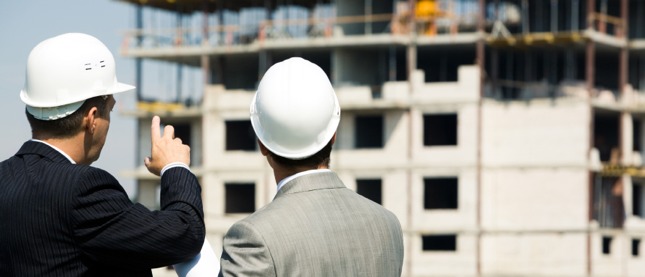Understanding the Position and Impact of Property Developers in Actual Estate
Understanding the Position and Impact of Property Developers in Actual Estate
Blog Article
In the market of real estate, real estate developers are the architects of urban environments in the present as they manage the transformation of empty land into vibrant neighborhoods and commercial centers. The developers play a key role in reshaping skylines, addressing housing needs, and stimulating economic growth. Their projects encompass a multitude of initiatives, from residential complexes to commercial areas, all of which leave an indelible impression on the city they reside in.
In the heart of the job of a property developer is the idea of turning empty land or properties that are not being utilized into profitable assets. They meticulously analyze market trends as well as the wants of the neighborhood, and envision projects that meet requirements and goals. The vision usually involves collaboration with architects, urban planners and local government officials to ensure alignment to zoning rules or infrastructure needs, as well as ecological considerations. From luxurious condominiums to mixed-use developments, property developers know how to design and executing projects that cater to a variety of demographics and tastes.
But, traversing the maze of landscape of real estate development has its own set of challenges. Instabilities in markets, hurdles to regulation and local opposition could throw even the most meticulously designed plans off track. In the event of economic turmoil, projects could be delayed and changing preferences for consumers demand constant adaptation. Additionally, developers need to find an elusive balance between profit as well as social responsibility. They must also deal to issues related to affordability as well as sustainability and fair access to housing. To meet these challenges, successful developers demonstrate perseverance, creativity, as well as a constant commitment to the vision they have.
In addition, the environmental consequences of development projects cannot be ignored. Developers of property are under increasing the pressure to implement sustainable methods that minimize carbon footprint and preserve natural spaces as well as improve energy efficiency. Sustainable design elements like rainwater harvesting, green roofs techniques, and LEED certification have become standard elements in new developments. More than just complying with laws Developers are beginning to recognize the benefits that can be derived from environmentally sustainable initiatives. These include cost savings, market competitiveness, and positive public perception. To receive added information please look at Akisama
The development's success project depends not only on its physical attributes but also on its position and brand. Developers of property employ creative marketing strategies in order to distinguish their developments and draw in prospective tenants or buyers. That means creating engaging narratives, visual identities, as well as sales and marketing campaigns that resonate with the target audience. Whether it's luxury condominiums marketed to wealthy customers or affluent houses geared towards first-time homebuyers Effective branding is crucial for driving sales and maximizing profits on investment. Developers also leverage digital technologies and social media platforms for reaching a larger audience and connect with potential customers to stay competitive in a fast-moving market.
While pursuing profits the property development industry has major responsibility to sustain and impact on society. Sustainable design practices, energy efficiency, and green areas are being focused on to lessen the environmental footprint and enhance quality of life. Additionally, developers play a pivotal part in initiatives to build affordable homes that address social inequities and housing shortages. Through embracing inclusive and sustainable development practices, developers not simply reduce risk, they also contribute to the long-term resilience and sustainability of communities.